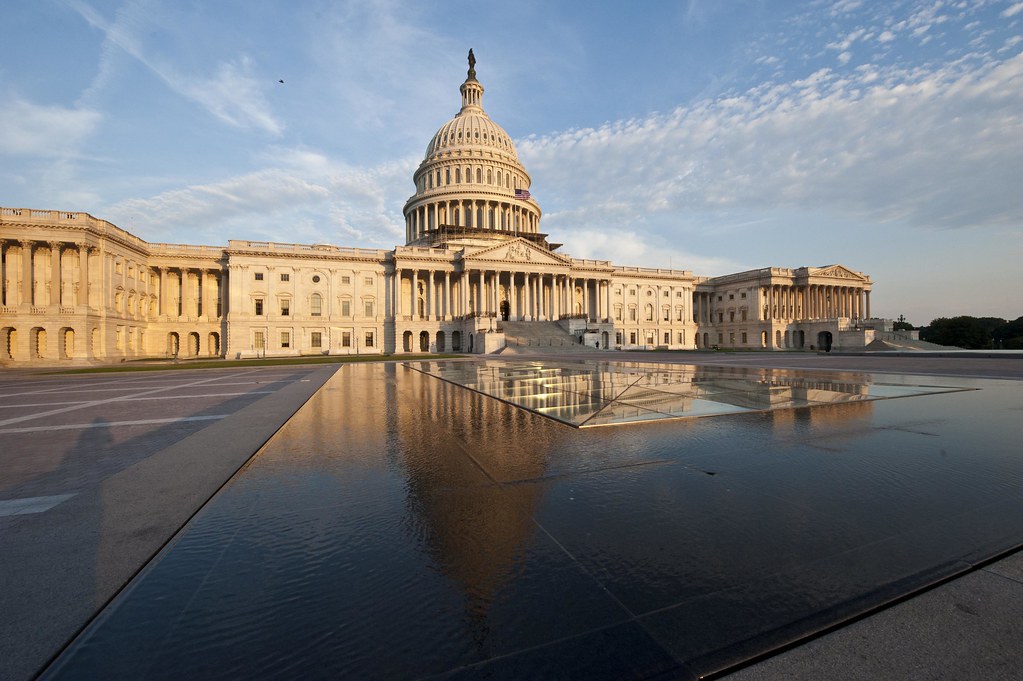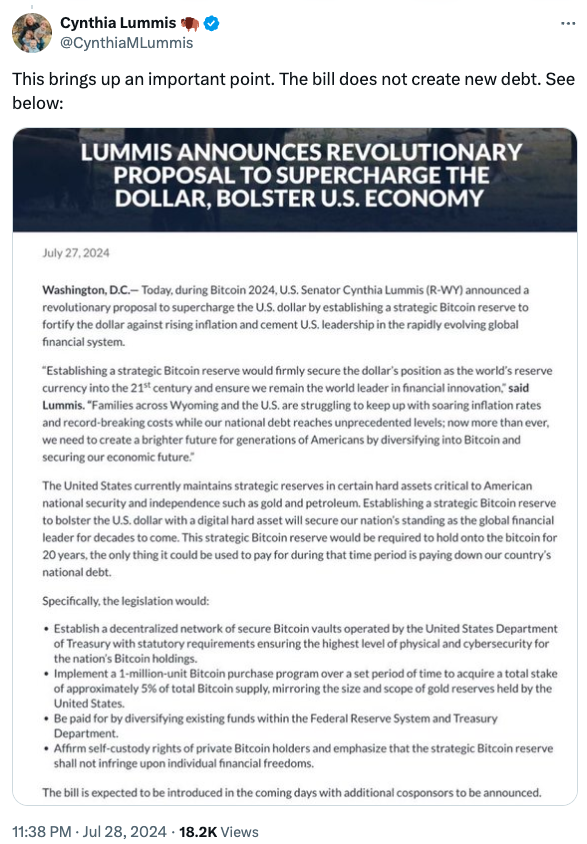
The United States government currently stands as the largest geopolitical holder of Bitcoin, maintaining control over approximately 183,000 units of this decentralized digital currency. As per the latest market values, these holdings are worth an estimated $12 billion. This substantial asset base underscores the U.S. government’s pivotal role in the cryptocurrency landscape.
Comprehensive Crypto Holdings
In addition to Bitcoin, the U.S. also possesses a diverse portfolio of other significant cryptocurrencies:
| Cryptocurrency | Quantity | Current Value (approx.) |
|---|---|---|
| Bitcoin (BTC) | 183,000 | $12 billion |
| Ether (ETH) | 50,000 | $167 million |
| USDT (USDT) | 121 million | $121 million |
| BNB (BNB) | 40,000 | $22.92 million |
| USD Coin (USDC) | 10 million | $10 million |
These assets reflect a strategic approach to leveraging the benefits of various blockchain technologies.
A recent transaction from U.S.-controlled wallets saw nearly 28,000 BTC transferred, although the recipient remains unidentified. This move came closely on the heels of major political endorsements for Bitcoin at the Bitcoin 2024 conference held in Nashville, Tennessee.

Political Advocacy for Bitcoin
- Senator Cynthia Lummis’ Proposal: On the final day of the conference, Senator Lummis called for Bitcoin to become a strategic reserve asset of the United States, likening her proposal to the historic Louisiana Purchase. She suggested purchasing 5% of Bitcoin’s total supply to hold as a Treasury asset.
- Former President Donald Trump’s Promise: Trump expressed his support for the Bitcoin industry, promising not to sell any government-held Bitcoin and advocating for minimal regulation to foster blockchain innovation.
- Robert F. Kennedy Jr.’s Vision: Running as an independent presidential candidate, Kennedy proposed transferring all U.S. Bitcoin holdings to the Treasury and implementing a daily purchase of 500 BTC until the total reaches 4 million.
Despite these high-profile endorsements, the road to formally recognizing Bitcoin as a strategic reserve asset faces considerable obstacles. Ari Paul, CIO at BlockTower Capital, provides a sobering perspective, estimating the odds at 10:1 against Bitcoin achieving this status by 2028. He noted that mere informal announcements by presidential candidates are insufficient for establishing an official reserve fund.
As the landscape of digital currencies continues to evolve, the position of the U.S. government as a major holder of cryptocurrencies places it at a strategic advantage. Whether or not Bitcoin will ascend to the status of a strategic reserve asset, the ongoing discussions and legislative efforts will undoubtedly shape the future of financial policies and blockchain technology’s role within them.
Featured image credit: GPA Photo Archive via Flickr
Follow us for more breaking news on DMR
